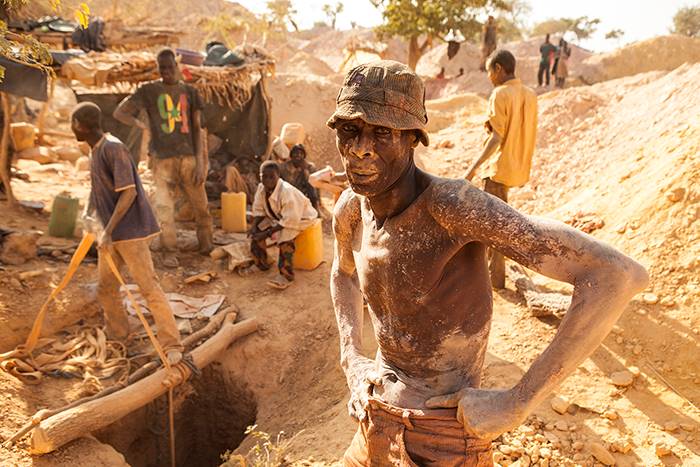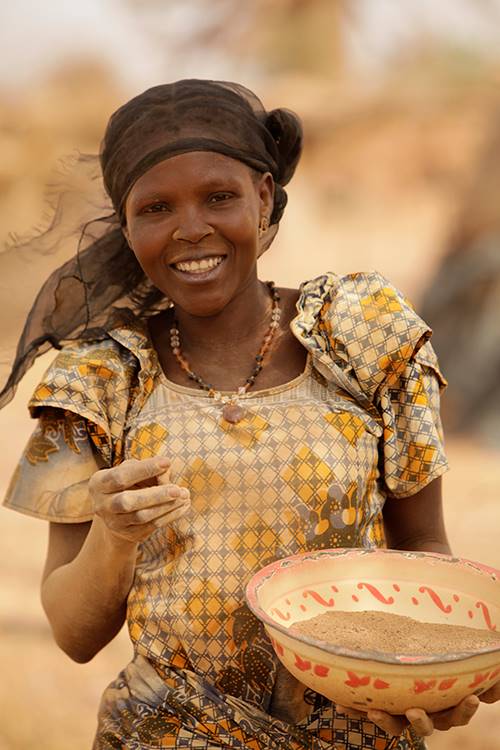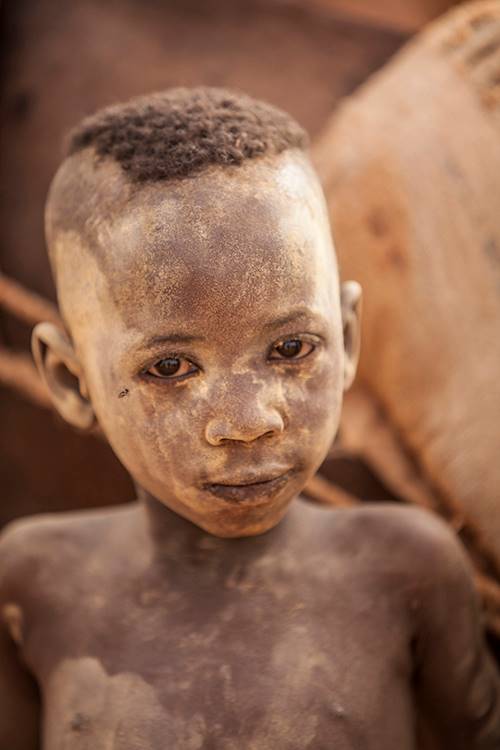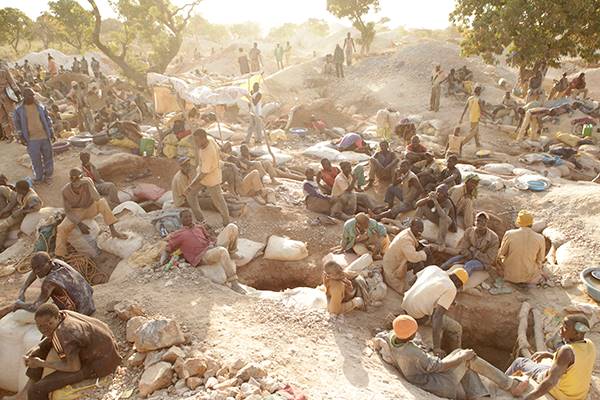Responsible sourcing. Ethical sourcing. Sustainable sourcing. These are examples of the many buzzwords that are currently popular today.
There has been swathes of legislation and due diligence guidance issued by various organisations and governments.
An entire, new consulting and compliance industry has not only emerged but has become ‘massive’. And this means, at last, consumers are able to exert influence on the decisions of the world’s largest companies.
But what do these buzzwords mean, and are they even worthwhile? What considerations go into making up the meaning of these terms and why are they even relevant to you, as a coloured gemstones buyer?
The question is relevant to you because around 80 per cent of all mined gemstones is carried out by artisanal miners who dig and unearth the product with minimal or no mechanised aids. Very often gemstones are mined using nothing more than an airleg drill, picks and shovels, and sometimes a few explosives.
Therefore it’s these very people that are primarily ‘in the gun’ when the term ‘responsible’ is used because the remaining 20 per cent of gemstones are mined by international companies using large-scale mining equipment.
Unfortunately when broad-brush buzzwords like ‘responsible’ and/or ‘sustainable’ are used, typically it conjures thoughts of things such as child labour, poor safety practices, environmental damage, and human trafficking. Organised crime and extremist groups also often come to mind.
And what all of this ignores are the nuances in terms such as responsible and ethical sourcing.
To us, with our First World - mostly wealthy (comparatively) - frame of reference the idea of children working in, dangerous mines sounds bad. Not to mention the fact that when we were young, most of us had jobs. My first job was mowing lawns when I was only five years old.
These days that’s something many would probably categorise as handling a dangerous piece of machinery! However, what people in the developed world do not understand about the developing world is that children are a de facto superannuation scheme for their parents.
That is, if the kids don’t work then the kids, and quite often the family, don’t eat. Not to mention the fact that there would simply be no chance for those kids to venture off to school to study to be a surgeon.
Another ‘complaint’ that gets wheeled out is that of poor safety. True!
Safety practices are often deficient, however; it’s amazing what a person will do if they see an opportunity for them self and their family to get ahead. Though I will add that it’s amazing how much commonsense and awareness there seems to be among ASM workers compared to so many of the institutionalised, let others think for you, large-scale mining workers wearing fluoro vests, steel-capped boots and doing a 84-hour week grind.
It’s no different from what goes on for us in the so-called, First World. How many people do you know sacrificing the lives they could be living now for the prospect of better lives for themselves and family in the future?
For example, the people working as fly-infly-out miners, labourers, or the 80-hour week office workers. Most are doing jobs that they hate for the prospect of better lives
Miners in the Third World are merely versions of we in the First World; doing the best they can for themselves and their families. We are all ‘miners’ at heart!
Unfortunately, it seems the solution put forward most frequently is that we must abandon sourcing from ASM workers in the Third World with these, so-called, poor mining practices and shift to supply chains that incorporate practices that better align with our experiences in the First World.
Which – wink, wink, nudge, nudge - more often than not means the shifting of sourcing to mines that just happen to be controlled by the large-scale miners.
Unfortunately, I don’t have the space here to flesh out the definitions of business jargon like responsible, ethical, or sustainable, other than to say there are so many variables that affect these terms that they become utterly meaningless and are at the whim of the consultants signing off the documents on the supply chains they have been asked to certify.
The terms are subjective - not objective – and are incapable of a meaningful and consistent definition or application.
They are no more than buzzwords and marketing jargon that benefit the bottom lines and balance sheets of the world’s major brands. They can, and do, marginalise and diminish even further the efforts of the world’s poorest people who continue their struggle to survive.
So when you need to buy that next beautiful coloured gemstone I urge you to carefully consider mentions of Responsible or Ethical Sourcing and think instead about which option might best offer the opportunity for those in the world’s poorest countries a chance to improve their lives.
Would that not be far more ‘responsible’ than simply purchasing a gemstone mined by an international mining conglomerate?
Name: Hugh Brown
Business: Gemstone Mining Photographer
Position: Director
Location: Perth, Western Australia
Years in the industry: 30
gemstone mining photographs
 |
Artisanal Gold Miner, Central Burkina Faso.
|
 |
Ore Processing, Gold Workings, North West Burkina Faso.
|
 |
Fuel Cart Operator, Gold Workings, North West Burkina Faso.
|
 |
Artisanal Gold Workings, Central Burkina Faso.
|
read emag